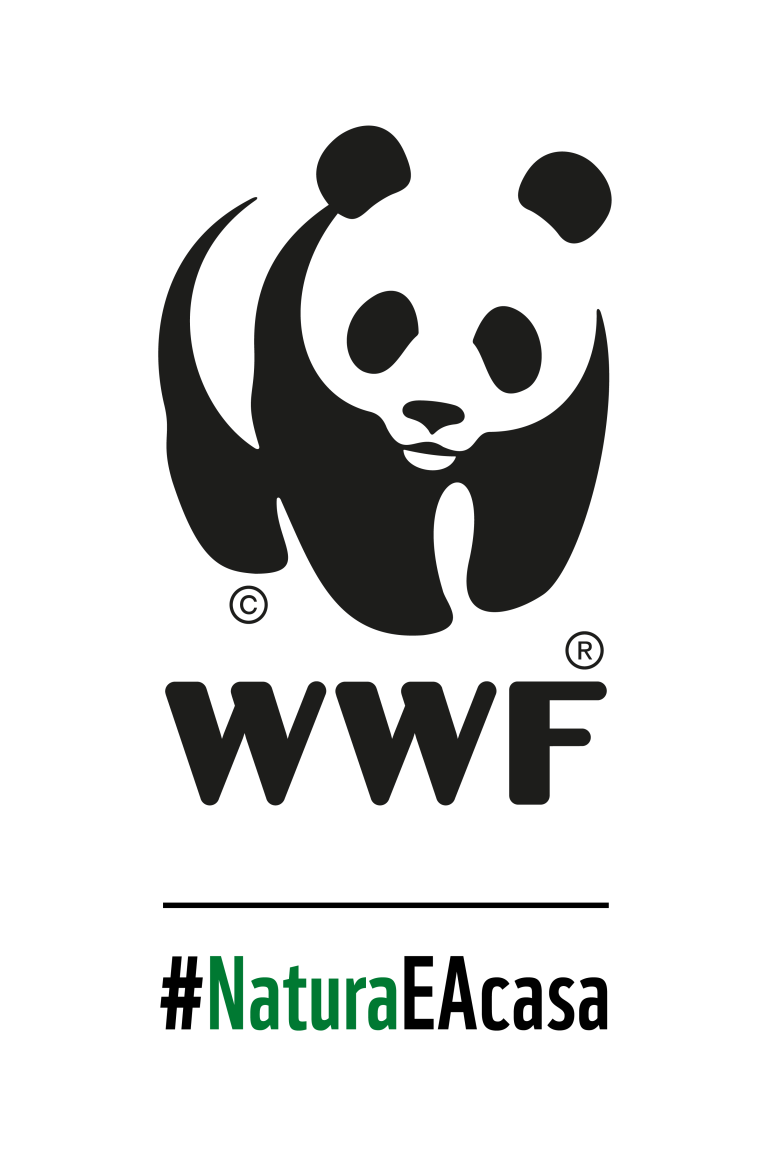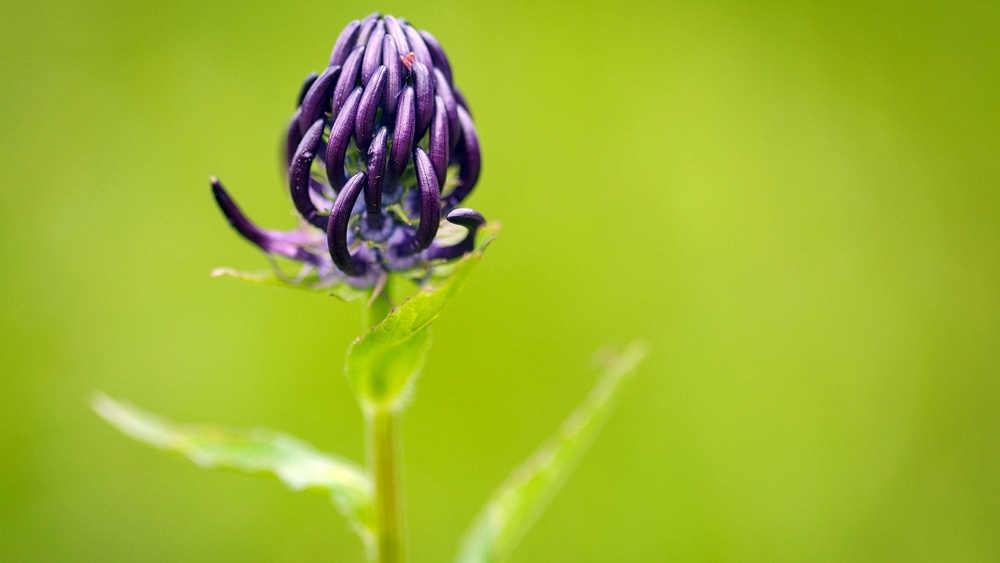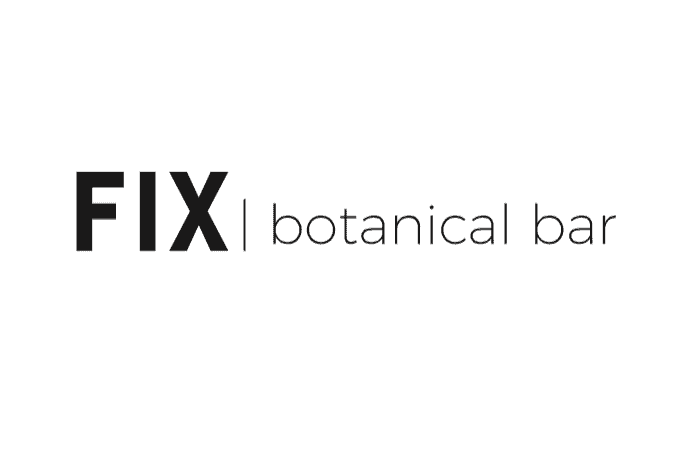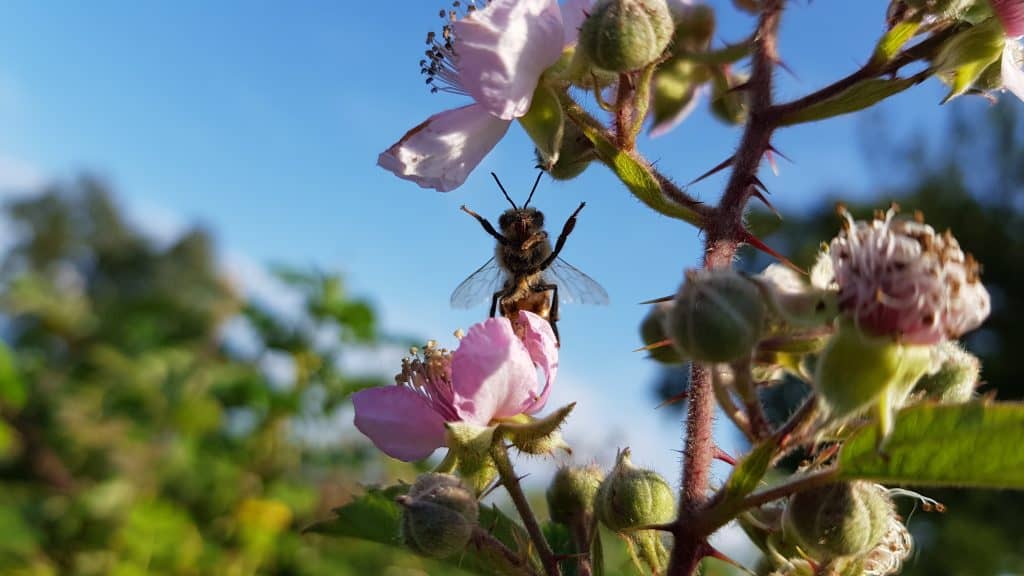Bee Active!
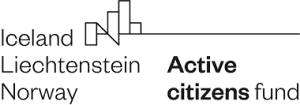
Mobilizing Citizens for the Conservation of Bees and Other Pollinating Insects in Romania
Bees are probably the best known pollinators. Besides them, flies, butterflies, moths, wasps, beetles, bats, birds and lizards play an important role in pollination.
Pollinators are a vital component of ecosystems and their rapid decline means the beginning of a crisis regarding environmental health and food security in Europe and globally.
Firm action backed by an appropriate legal framework is needed to halt this decline. While at EU level some countries already have action plans to protect pollinators, in Romania these valuable insects are not a priority for the authorities. By bringing together the civil society through a participatory approach we want to put this issue on the public agenda and encourage of decision-makers to initiate the development of an action plan for the conservation of pollinators, including measures to support nature-friendly agricultural practices.
Bee Active objectives:
1) Create an informal alliance for pollinator conservation. This will facilitate the dialogue between all stakeholders – from students to farmers to authorities – and strengthen the capacity of NGOs.
2) Support the need for an integrated action plan for pollinator conservation. Discuss with the authorities to develop this plan, as well as funding measures through the future Common Agricultural Policy.
3) Raise awareness and educate the general public about pollinators and the importance of pollinator conservation.
FAQ
Below you will find useful information on bees and other pollinators. And if you want to get involved in the Bee Active! project, follow us on Facebook and Instagram!
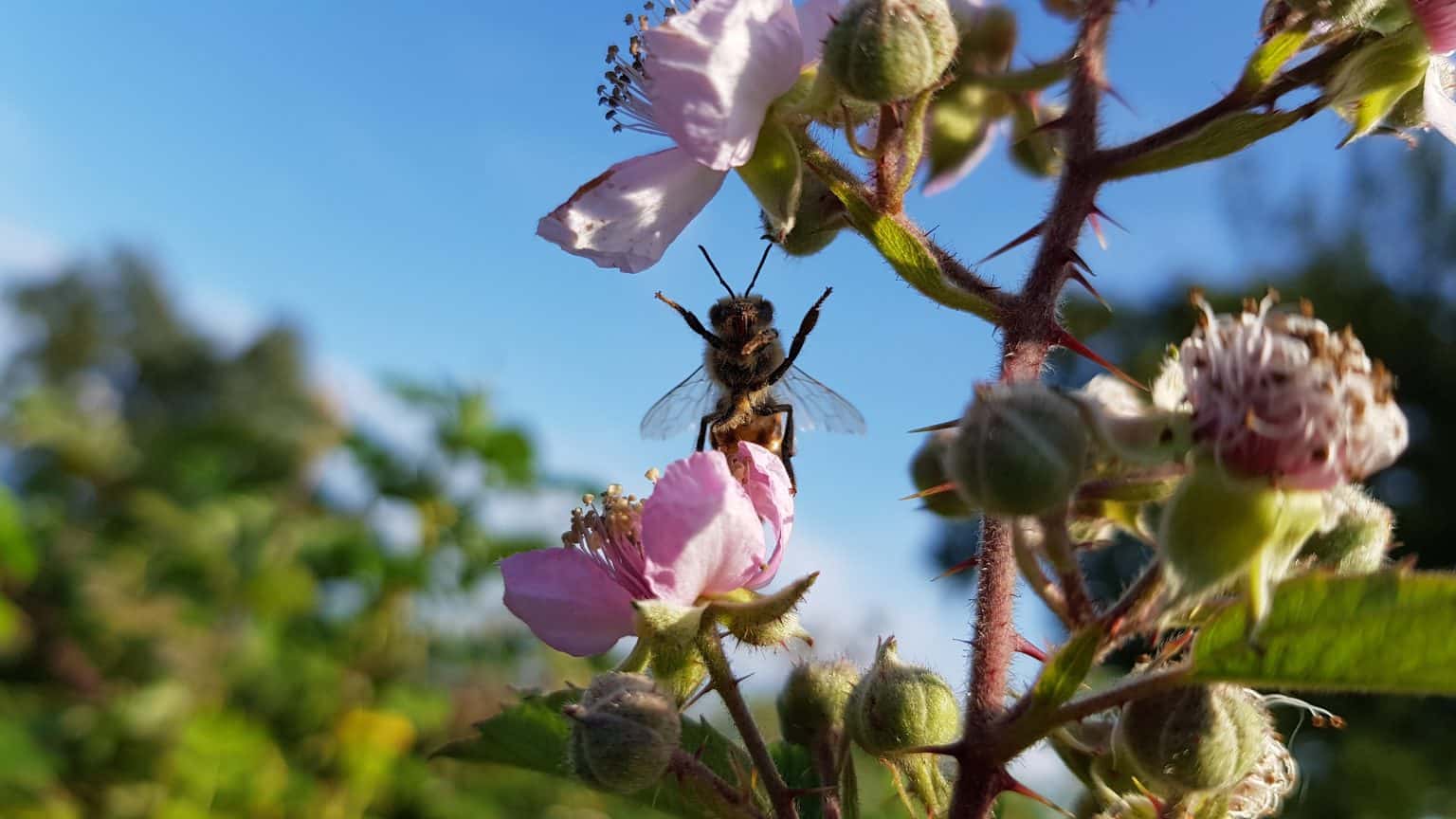
Three out of four food crops depend at least partly on pollinators.
Bees provide ecosystem services for crop pollination estimated at €153 billion/year worldwide and €22 billion/year in Europe.
There are more than 20,000 species of bees worldwide and about 2000 species of bees in Europe.
Bees are considered the most important group of pollinators because they visit 90% of the 107 most important global crop types.
Of the more than 20 000 bee species worldwide, only 12 bee species managed by farmers are commonly used for crop pollination, and of these, the European honey bee (Apis mellifera) is the most common.
Threats contributing to pollinator decline include: land-use change, intensive agricultural management and use of pesticides, especially neonicotinoids, environmental pollution, invasive species, disease and climate change.
9.2% of bee species are considered threatened at European level.
Some EU countries have already adopted national policies protecting pollinators (e.g. Norway, France, Germany, the Netherlands, etc.).
Most EU countries supported the European Commission's proposal to completely ban the use of three neonicotinoids – pesticides that can kill bees – and the regulation came into force in 2018. Romania did not support this proposal. On the contrary, it has continued to periodically request exceptions from EU legislation for treating seeds with neonicotinoids, from 2014 to the present. The EU Commission recently issued a warning to Romania in this regard.
Although we would be tempted to think that bees do best in the wild, their density and diversity can be even higher on farms than in adjacent wild areas. Well-managed farms can provide good habitats for bees, which in turn provide pollination services for agricultural production.
Source: „The importance of bees and other pollinators for food and agriculture”, FAO, 2018
Urban beekeeping is very beneficial for bees and the quality of honey produced in cities is very high.The popularity of beekeeping in cities is increasing by 200% every year. And the concept is not new: in Slovenia – the town of Idrija has had a municipal apiary for almost 100 years.
City parks, small gardens around blocks and flower beds provide bees with food all year round. Urban beekeeping is good for the environment because bees effectively take care of natural ecosystems.
Source: „The importance of bees and other pollinators for food and agriculture”, FAO, 2018
Nearly three quarters of the world's crop species depend, at least in part, on bees and other pollinators. Bees and other pollinators can be said to play a key role in achieving Zero Hunger, one of the 17 Sustainable Development Goals
Pollinators play a key role in helping to sustainably feed a growing world population [SDG 2] and help maintain biodiversity and a vibrant ecosystem [SDG 15]. They help build resilient livelihoods and create new jobs, especially for poor smallholder farmers, by meeting the growing demand for healthy and nutritious food and non-food products [SDGs 1 and 9].
Source: „The importance of bees and other pollinators for food and agriculture”, FAO, 2018
WWF works to protect and restore wild ecosystems, both in Romania and worldwide. Every time we consider the welfare of all species in the ecosystem: for example, with the ecological reconstruction of the Balta Geraiului wetland, we encouraged local people to grow mint for honey, thus helping bees.
We supported the banning of the use of neonicotinoids in Romania and the adoption of the Guide for the evaluation of the risks of pesticide use on pollinators (Bee Guide).
Through Bee Active, we want to further improve legislation and create an informal alliance to protect pollinators.
- Grow a bee-friendly garden: with plants that flower at different times of the year, untreated with pesticides, and as little grass as possible – the ‘bee desert'.
- If you see a tired bee on the ground, give it a little sugar water (about 2 teaspoons of sugar to 1 teaspoon of water) and leave it alone.
- Bee informed. Keep up to date with the latest news about bees and other pollinators by subscribing to the WWF newsletter.
Latest news (RO & EN)
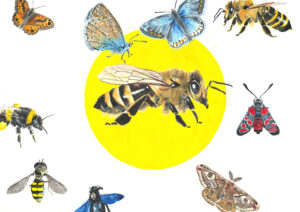
Ce se întâmplă cu polenizatorii
Rezumatul raportului de cercetare „Establishing a national pollinator action plan for Romania. Justifications and suggestions for establishing measures to support pollinator conservation”, întocmit de NINA

WWF demarează plantări în București pentru speciile polenizatoare, alăturându-se eforturilor depuse de organizații locale
Prima plantare pentru polenizatori alături de Club Clorofila, la Muzeul Hărților WWF-România demarează, alături de organizații locale cu o misiune ecologică și comunitară, o serie
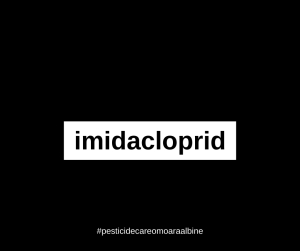
O nouă derogare a Ministerului Agriculturii pentru utilizarea pesticidelor neonicotinoide interzise în Uniunea Europeană pune în pericol siguranța polenizatorilor și cetățenilor
Ministerul Agriculturii și Dezvoltării Rurale (MADR) comunică emiterea unei noi derogări[1] de la interdicția utilizării insecticidelor din clasa neonicotinoidelor, valabilă în întreaga UE încă din
Working together for a green, competitive and inclusive Europe
The project is implemented by WWF Romania and the Norwegian Institute for Nature Research and benefits from a 224.450 euros grant from Active Citizens Fund Romania, programme funded by Iceland, Liechtenstein and Norway through the EEA Grants Grants 2014 -2021. The content of this website does not necessarily reflect the official position of the EEA and Norway Grants 2014-2021; for more information visit www.eeagrants.org and www.activecitizensfund.ro.
Project implemented by:
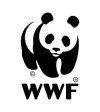
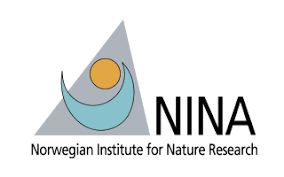
Supported by:
